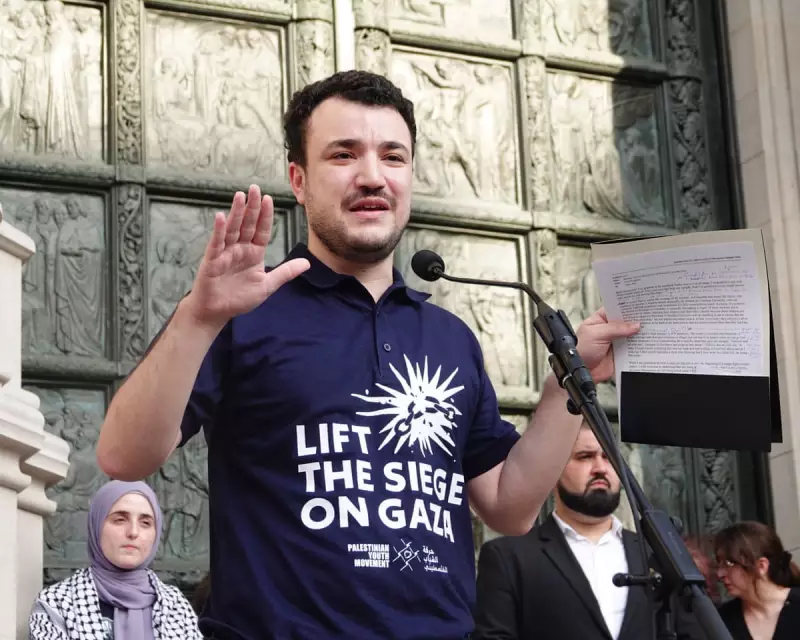
In a landmark ruling that has sent shockwaves through immigrant communities and free speech advocates, a United States immigration judge has ordered the deportation of Palestinian-American activist Mahmoud Khalil, despite his valid legal permanent resident status.
The controversial decision, handed down by Judge Walter P. Durling in Arlington, Virginia, declares that Khalil's political activism and social media posts advocating for Palestinian rights constitute providing 'material support' to terrorist organisations. This classification has triggered his removal proceedings under stringent post-9/11 immigration laws.
The Case Against a Legal Resident
Mahmoud Khalil, who has legally resided in the US for over two decades and holds a valid Green Card, now faces expulsion from the country he calls home. The case centres not on any criminal activity or immigration status violation, but purely on his political expressions and affiliations.
Khalil's legal team and civil liberties organisations argue the ruling establishes a dangerous precedent where lawful permanent residents can be deported for exercising their right to free speech and engaging in legitimate political activism.
A Pattern of Controversial Enforcement
This case follows a worrying pattern of US immigration authorities using broad 'material support' statutes to target activists and outspoken critics of foreign policy. The American Civil Liberties Union has documented numerous instances where individuals have faced deportation or denied entry based on political views rather than actual security threats.
What makes Khalil's case particularly significant is that he already underwent extensive vetting during his Green Card application process, where his political activities were known to authorities yet didn't prevent his approval for permanent residency.
Broader Implications for Free Speech
Legal experts warn that this ruling could have chilling effects on political discourse within immigrant communities. The decision effectively penalises Khalil for content that remains protected speech for US citizens, creating a two-tiered system of free expression rights.
As the case moves toward potential appeal, it highlights the increasingly blurred lines between national security concerns and the suppression of legitimate political activism in American immigration enforcement.





